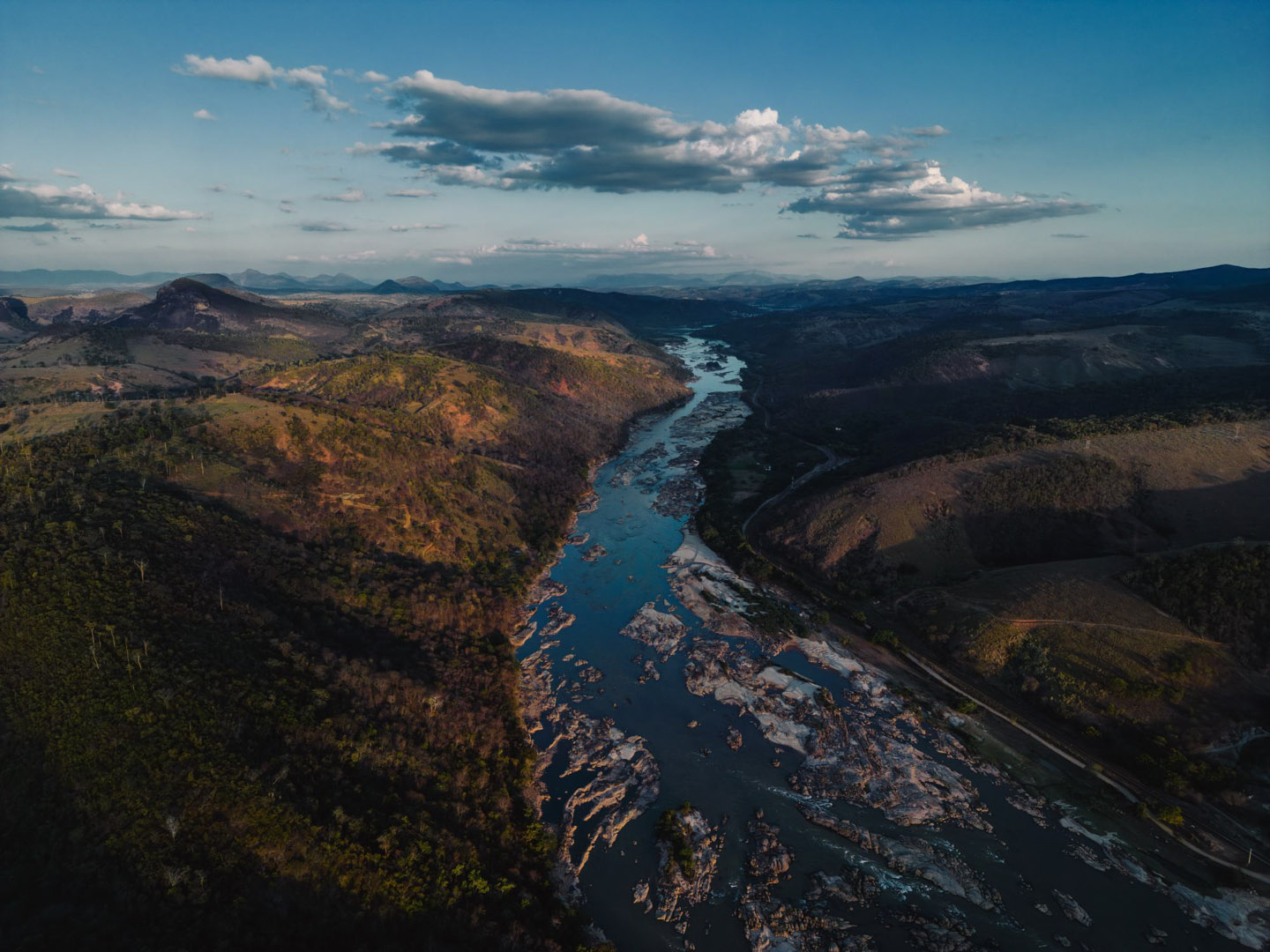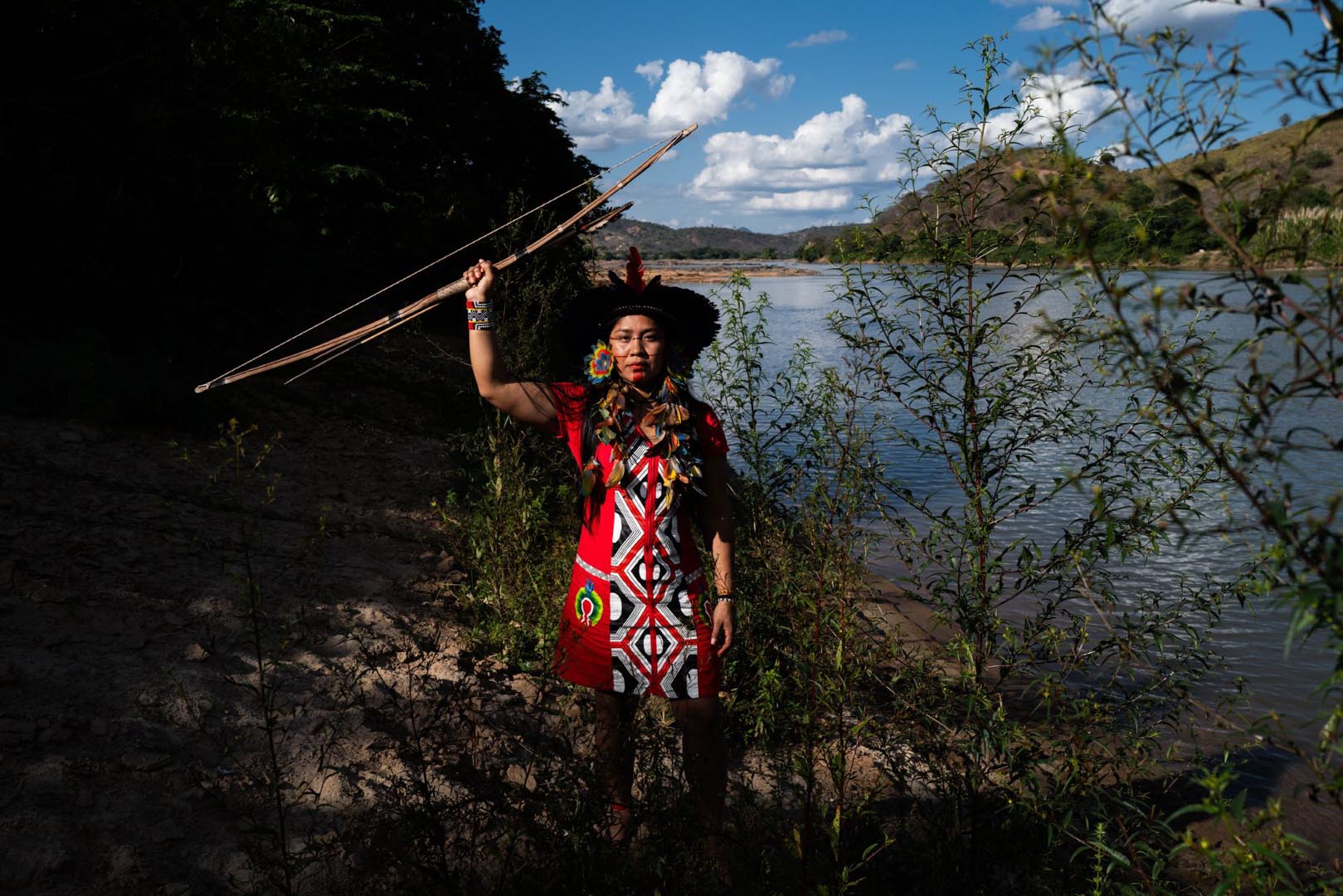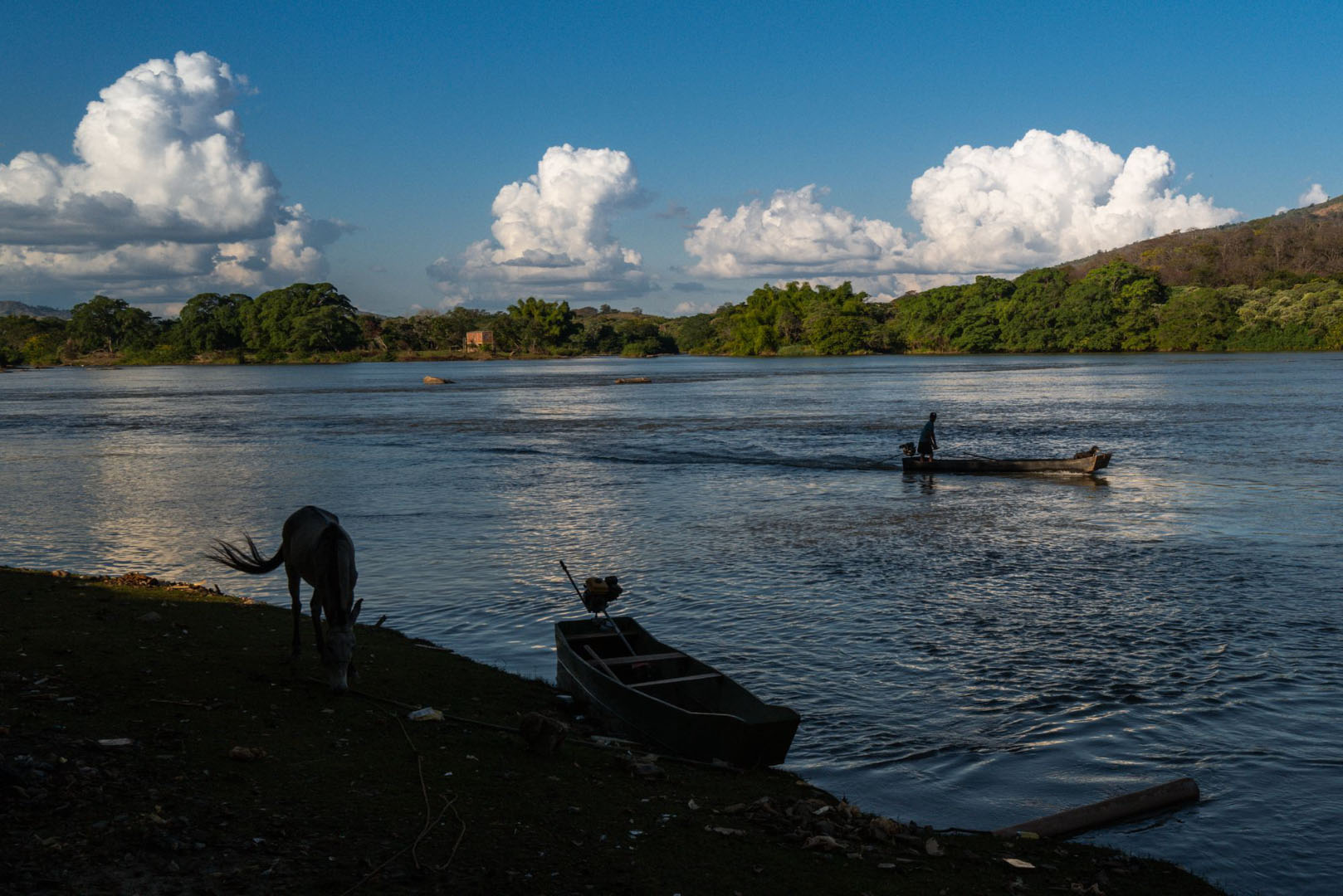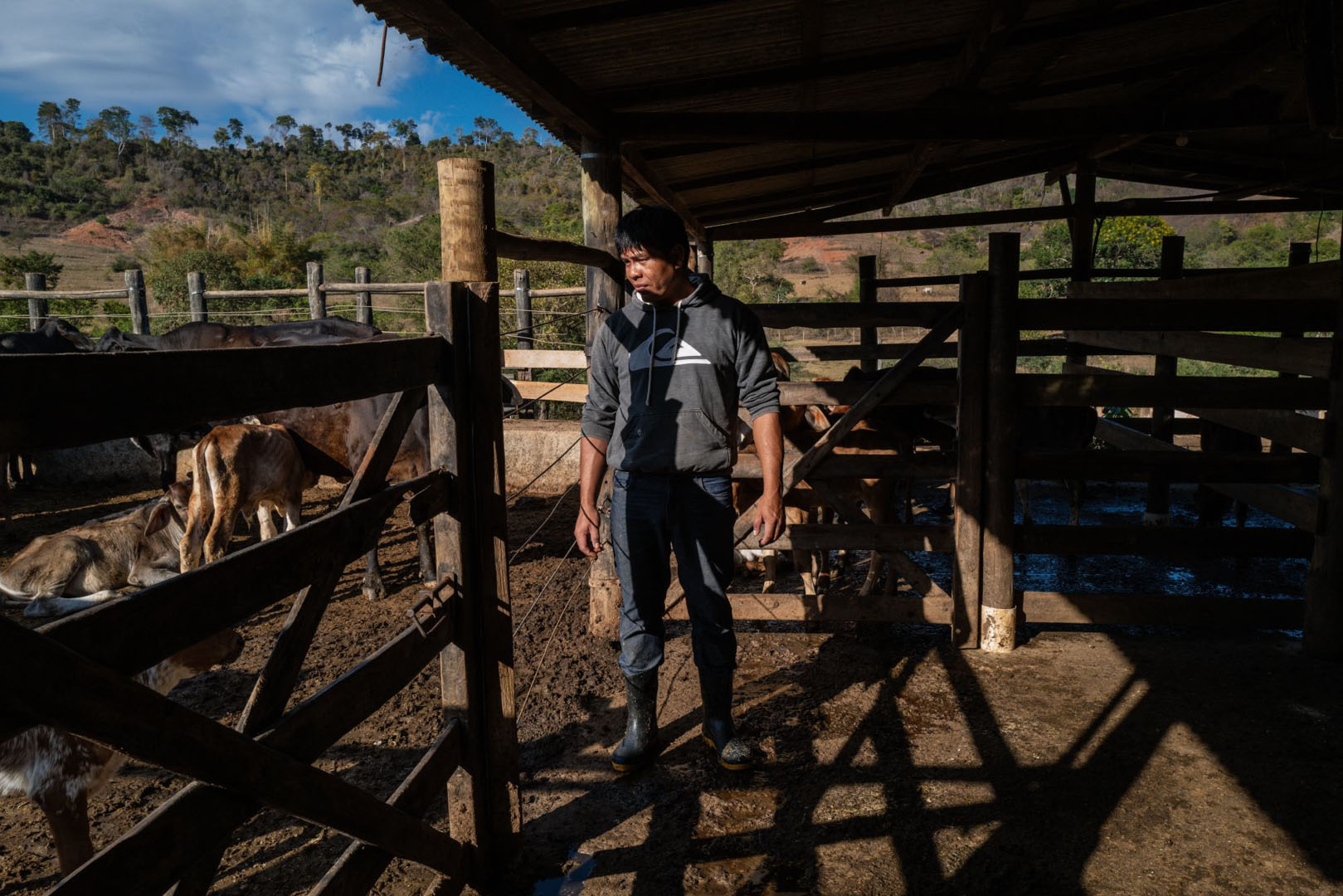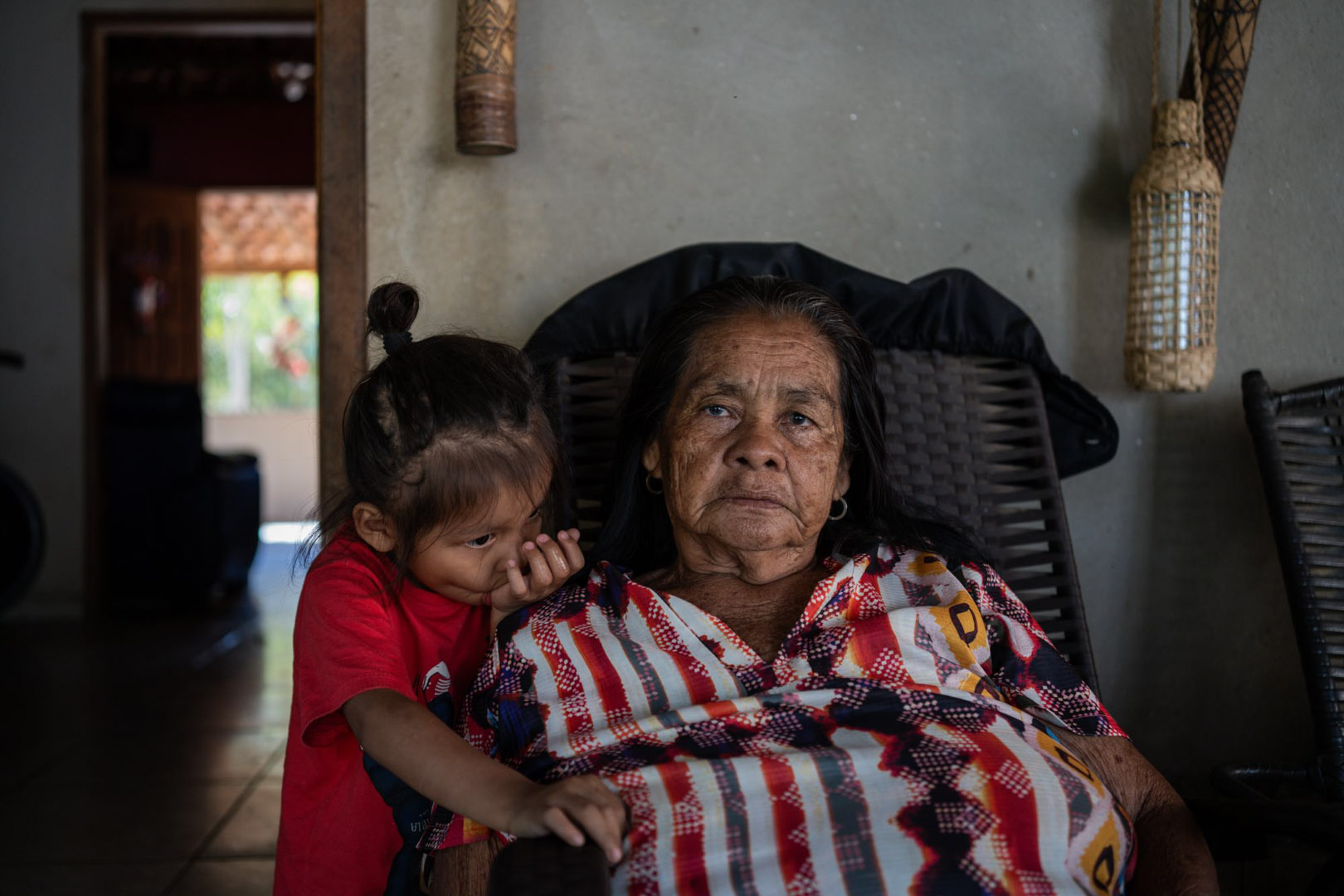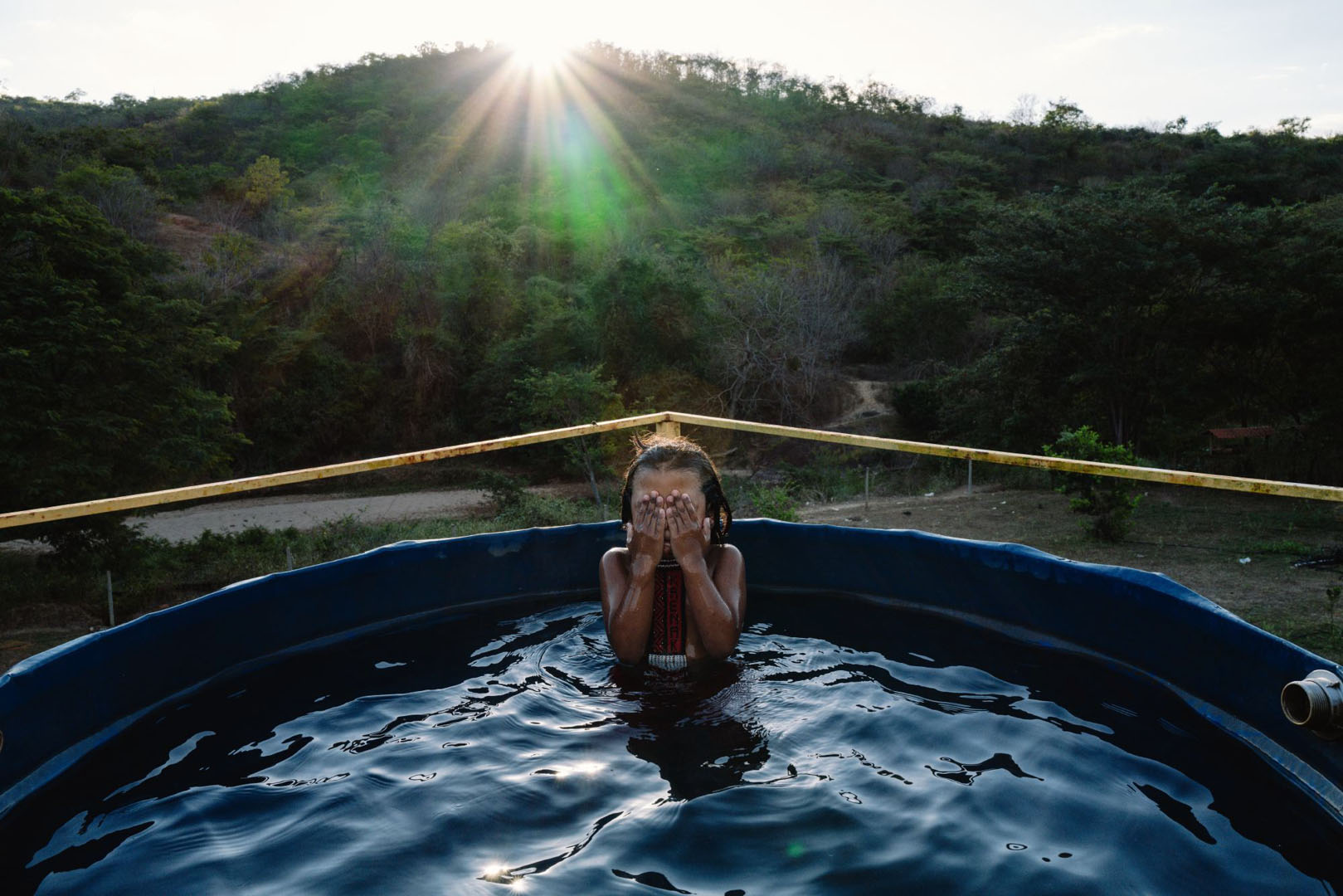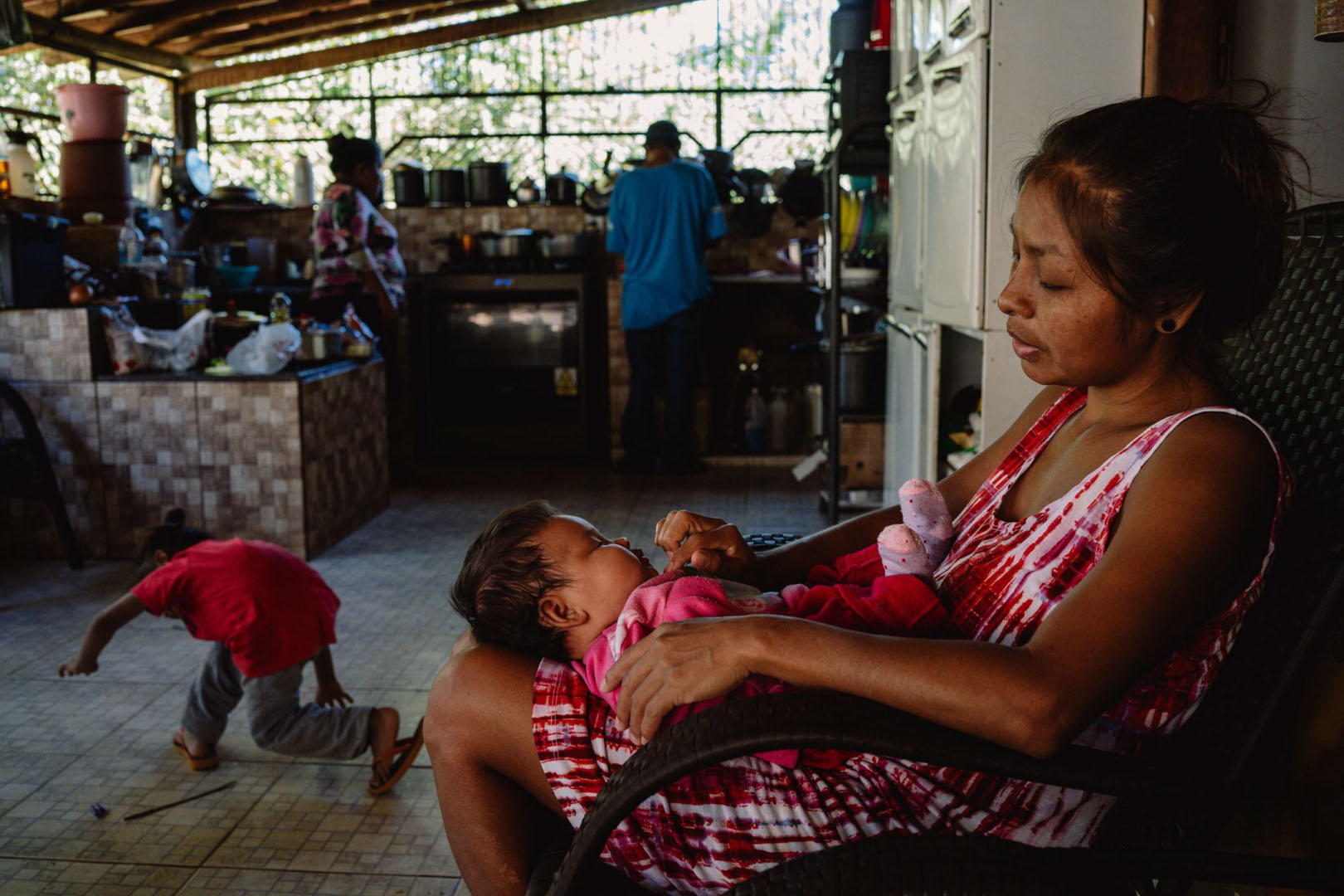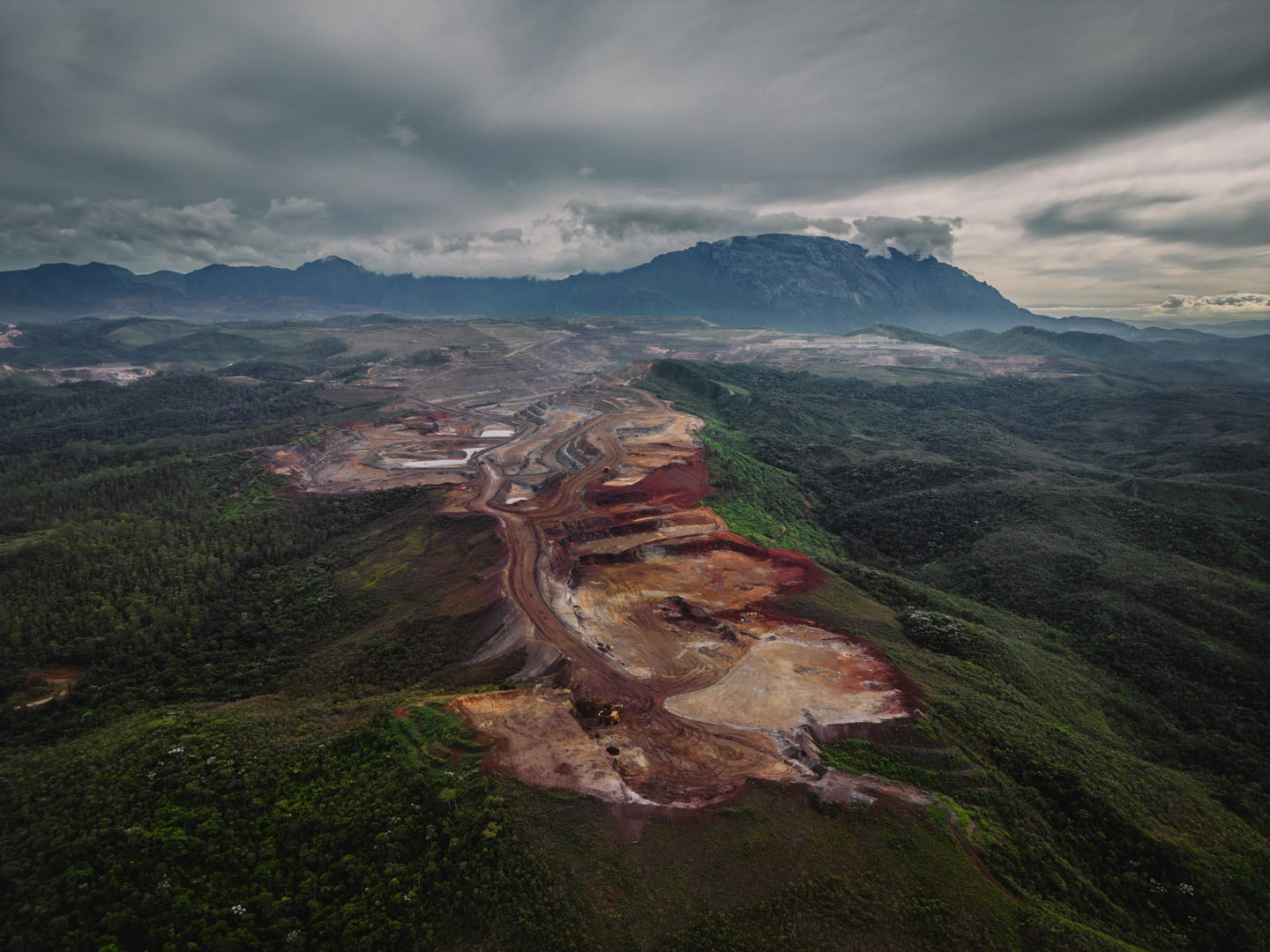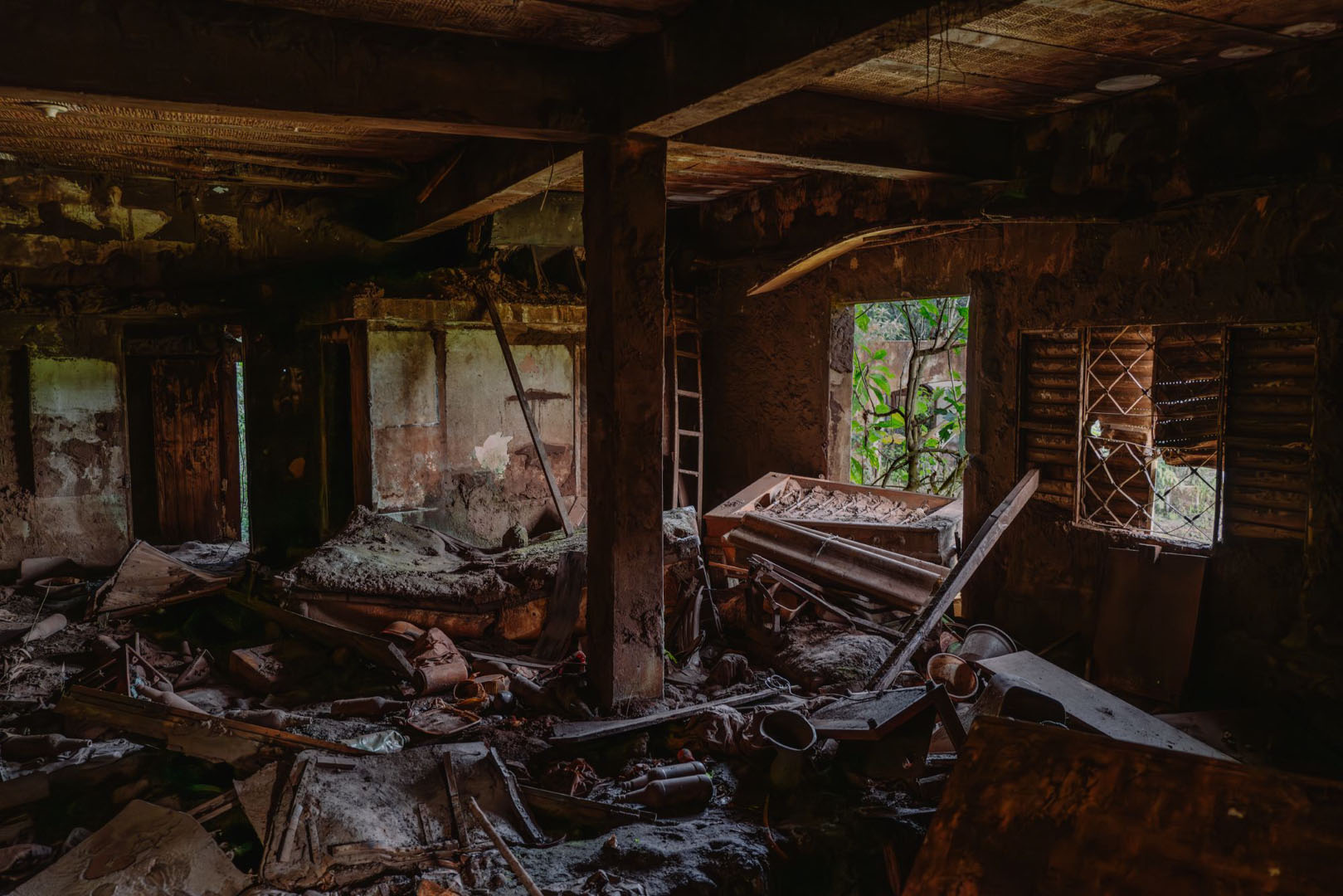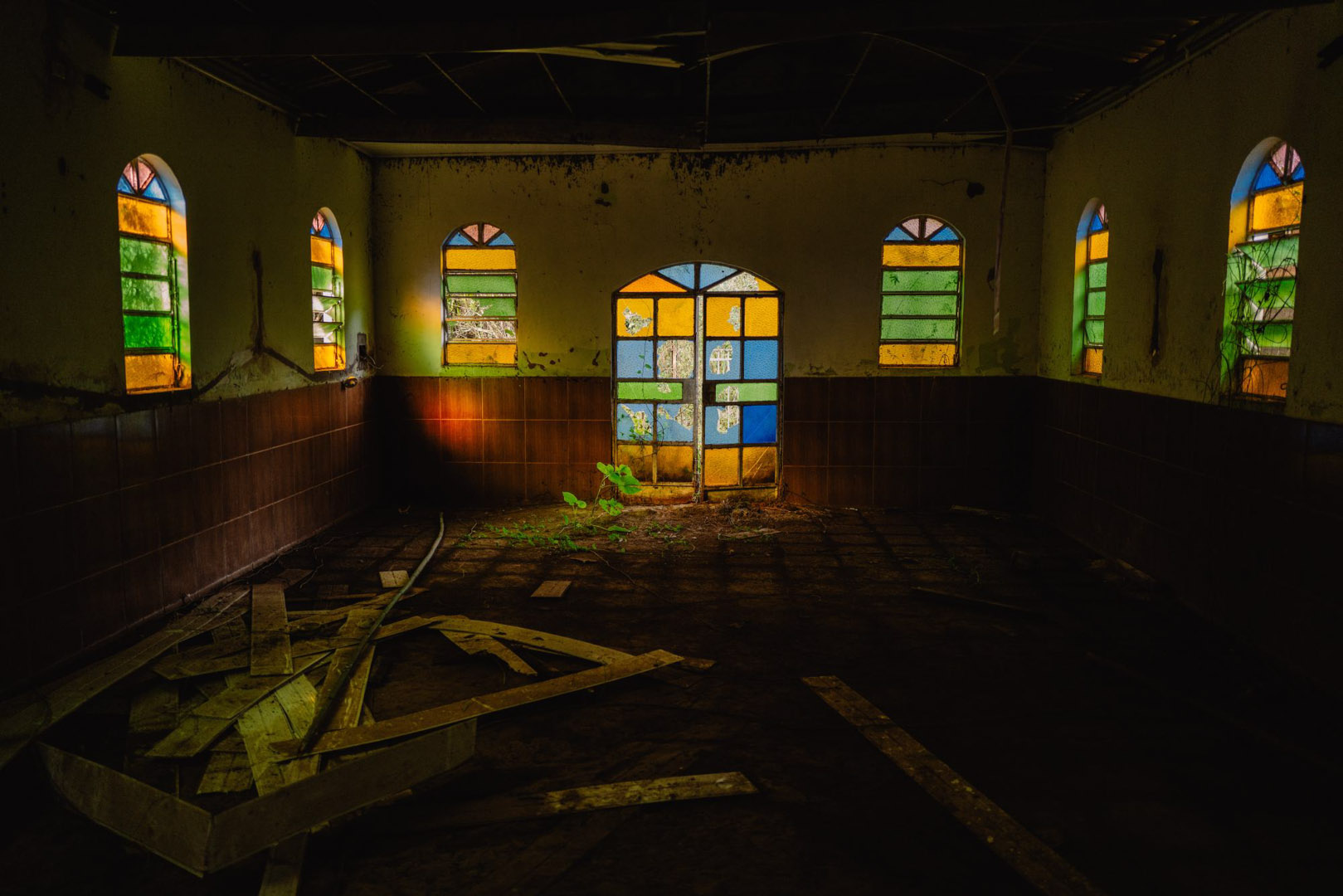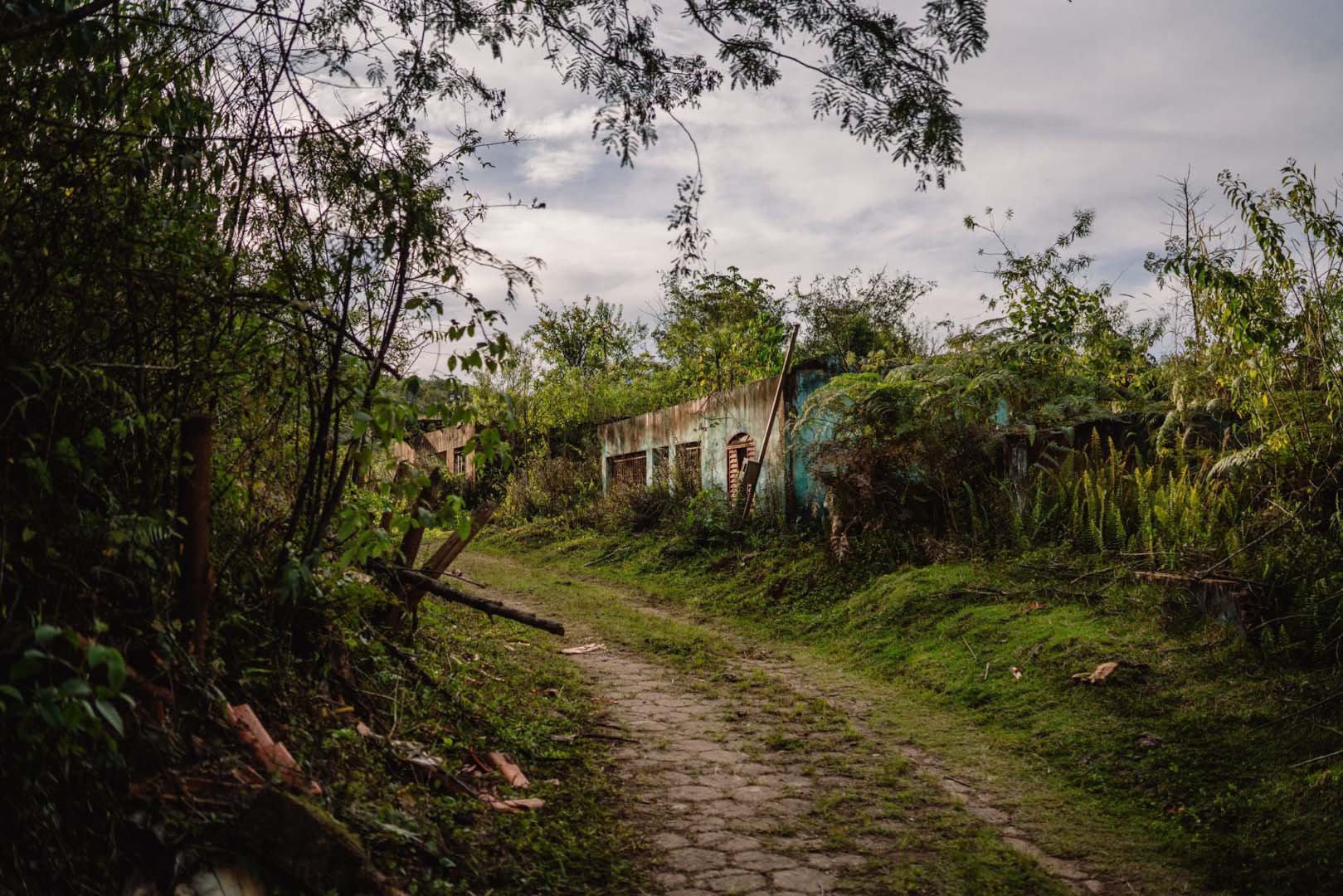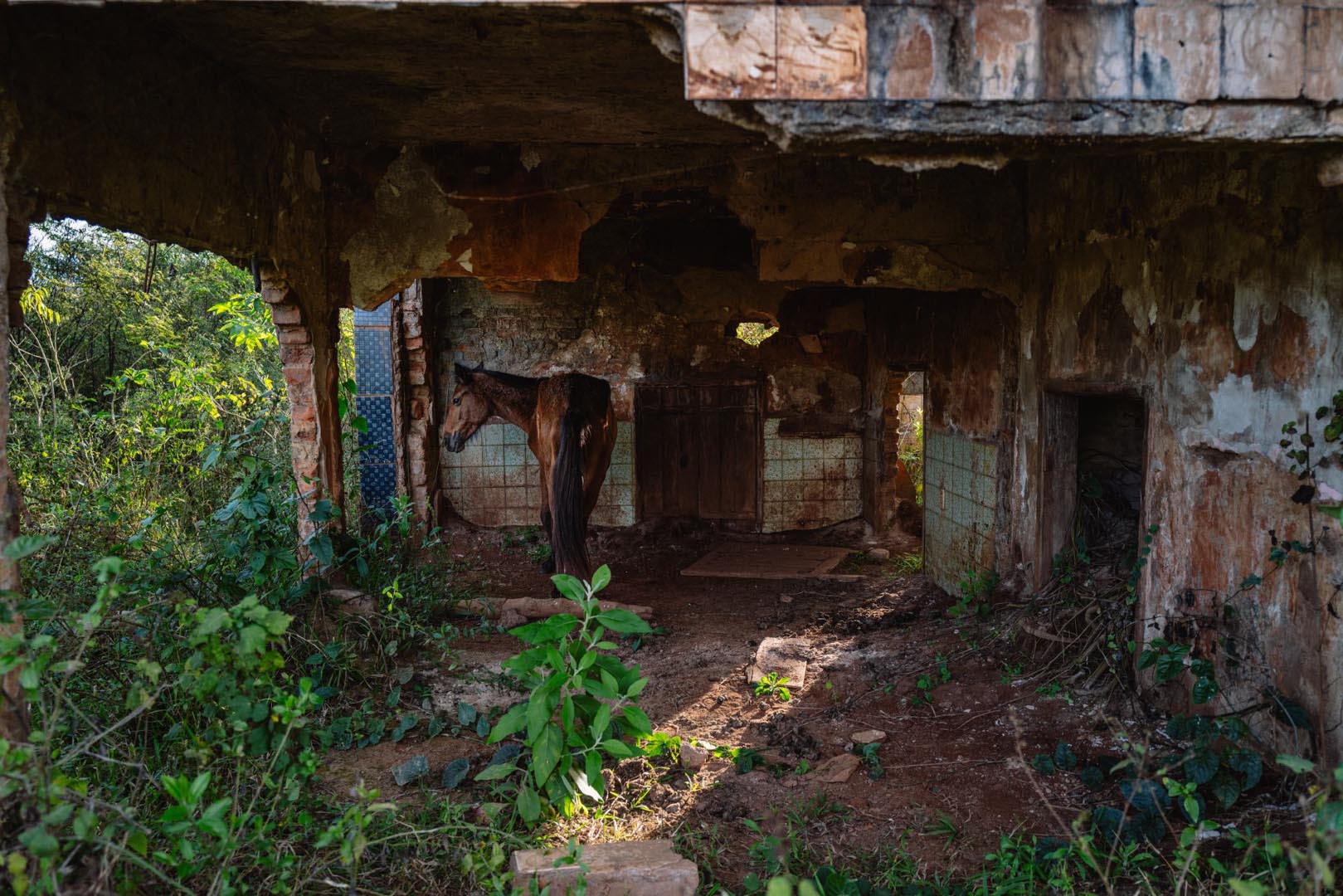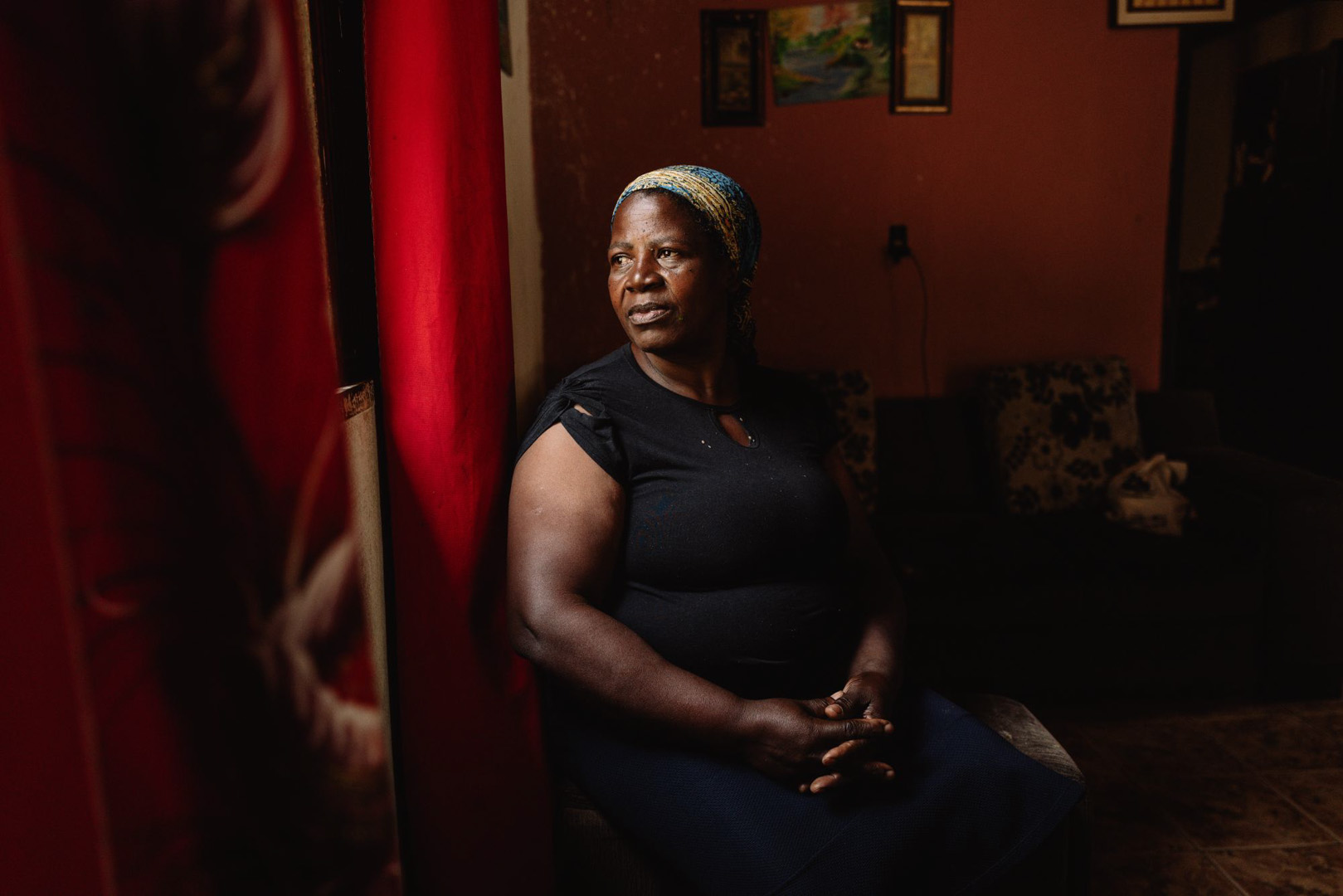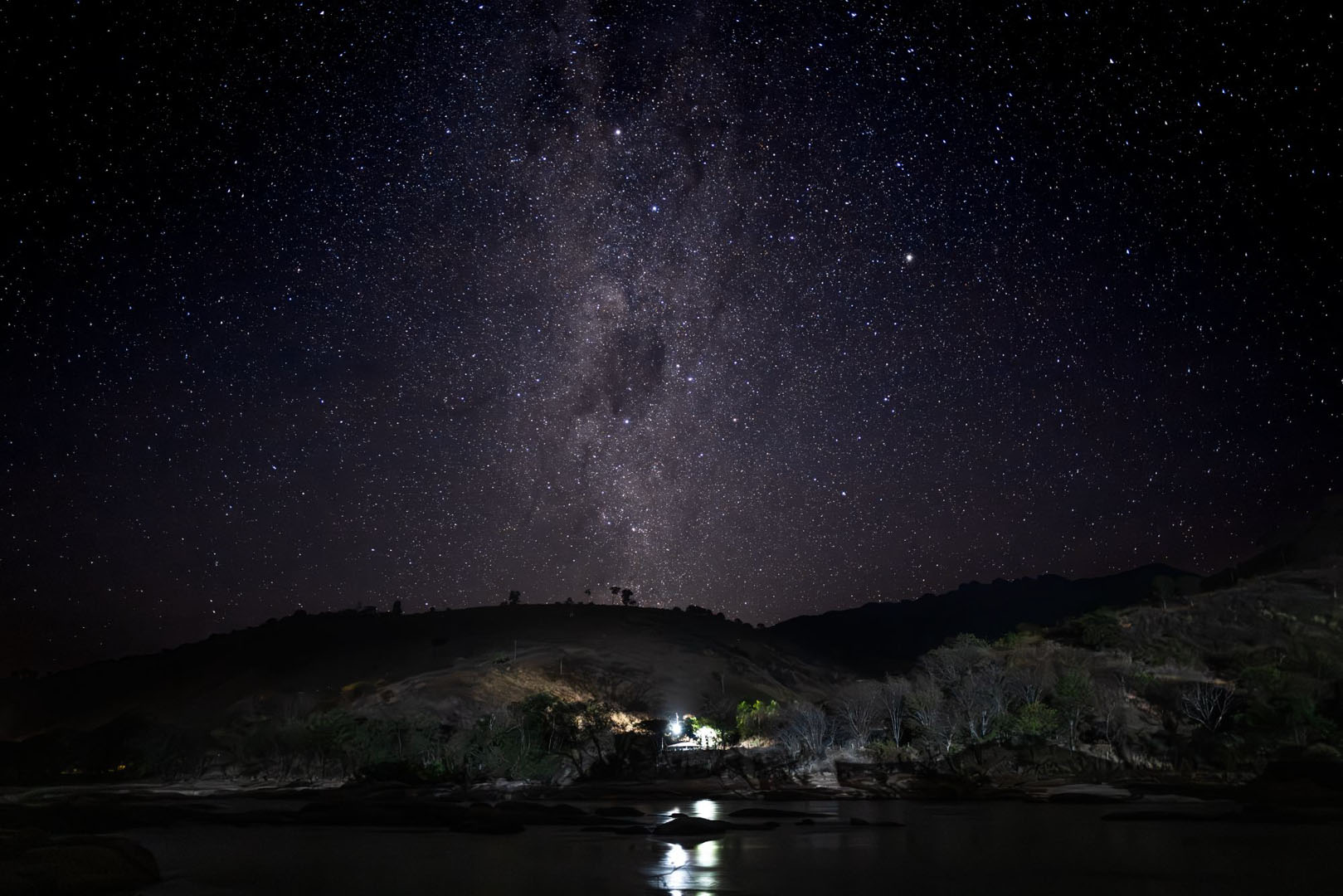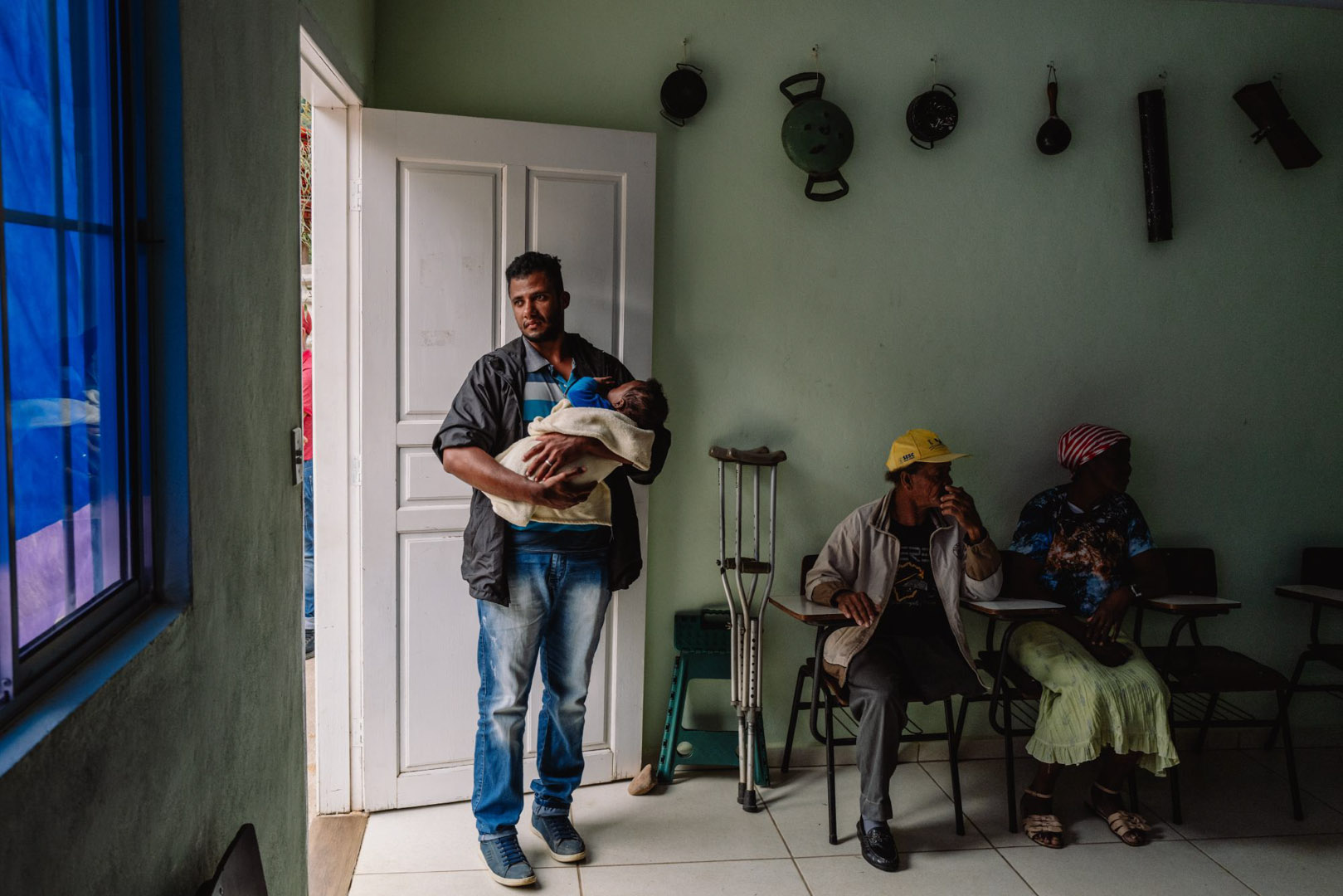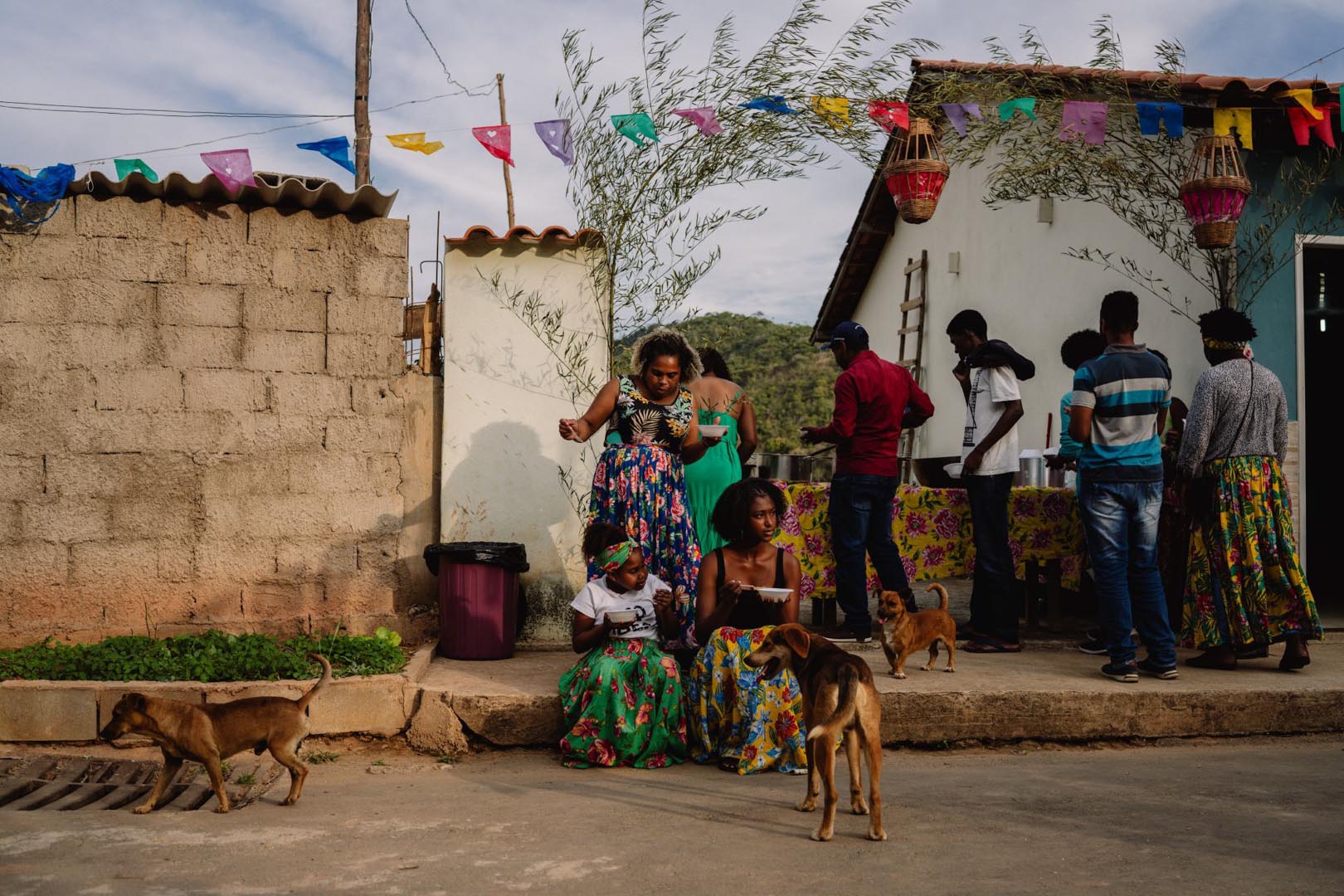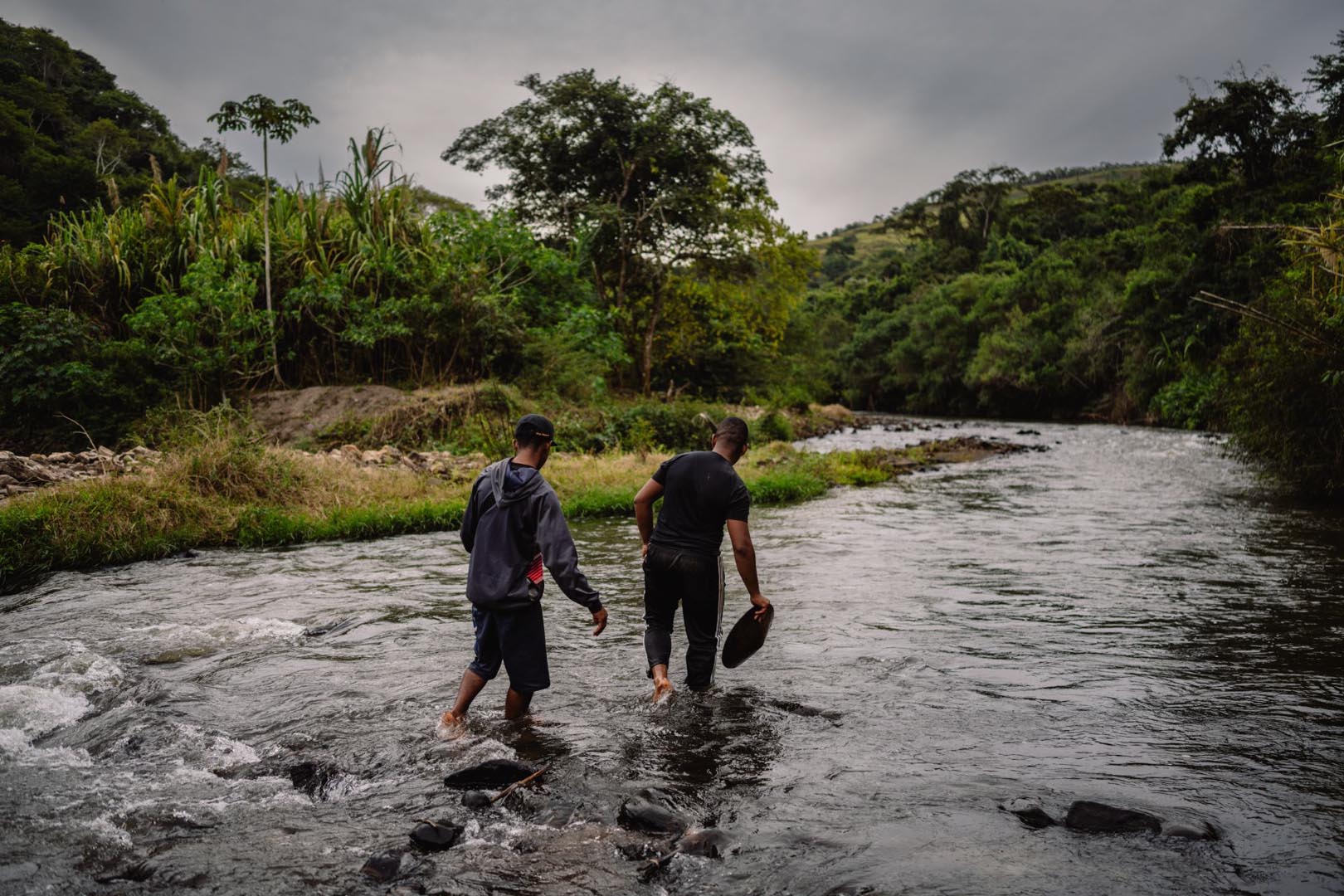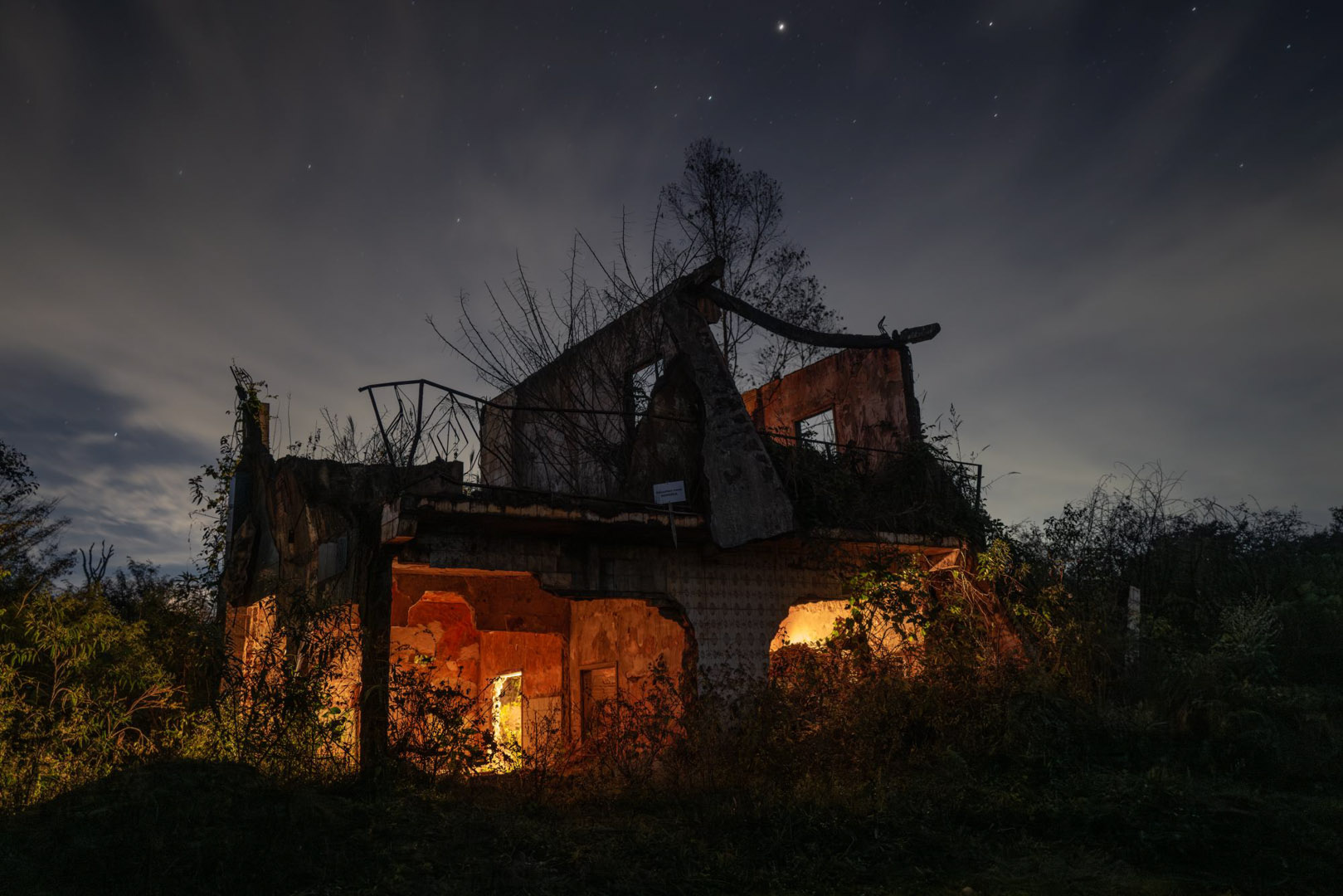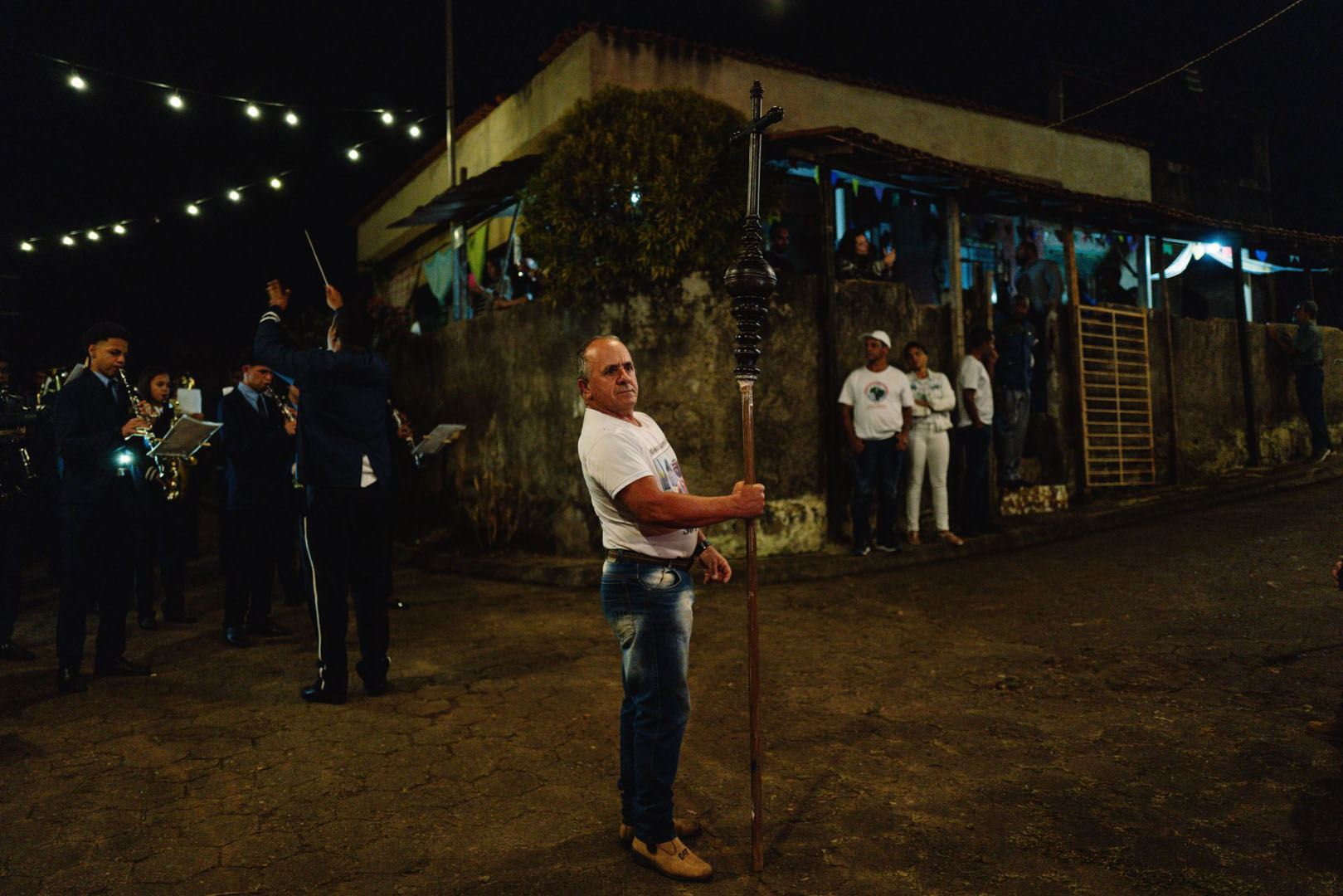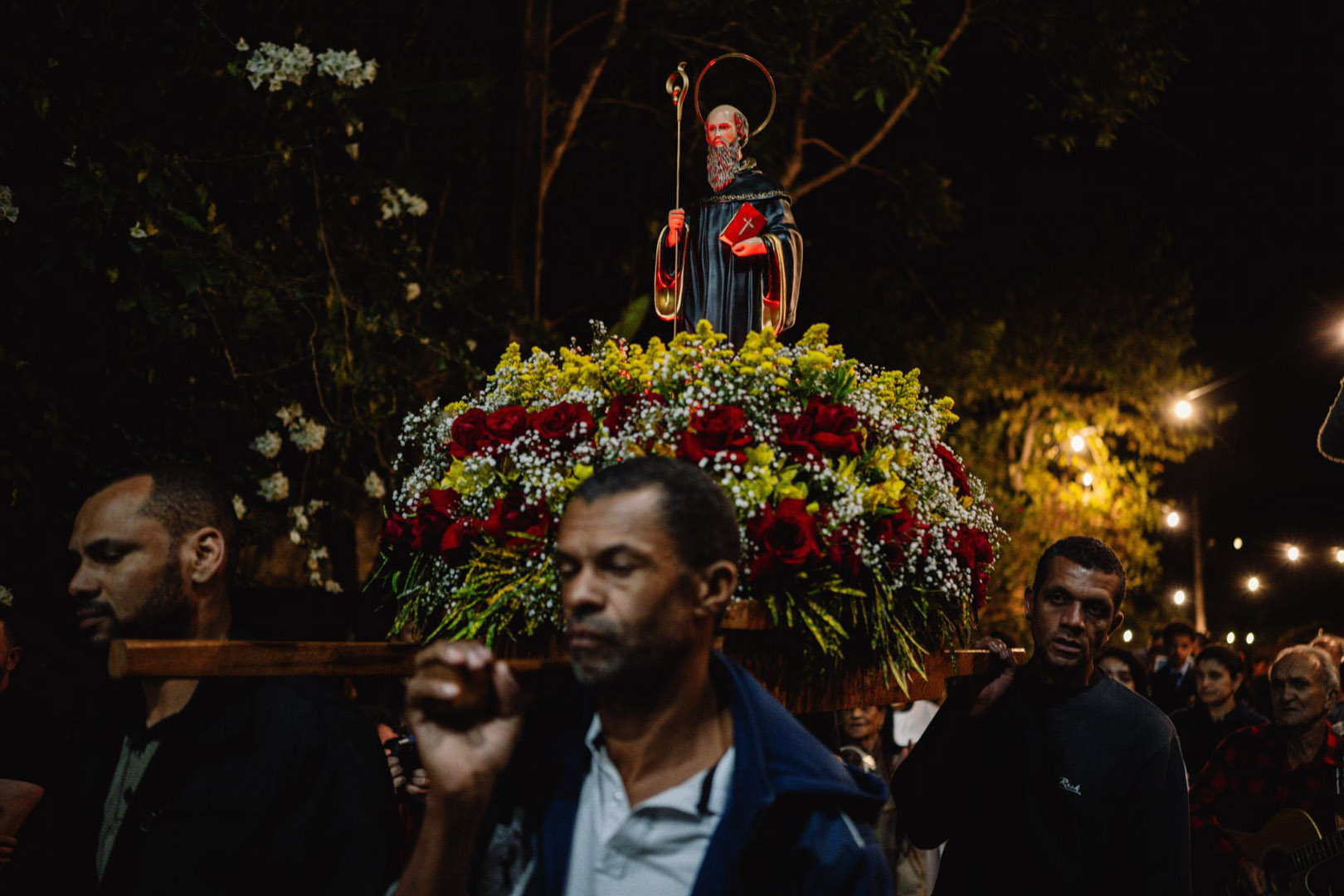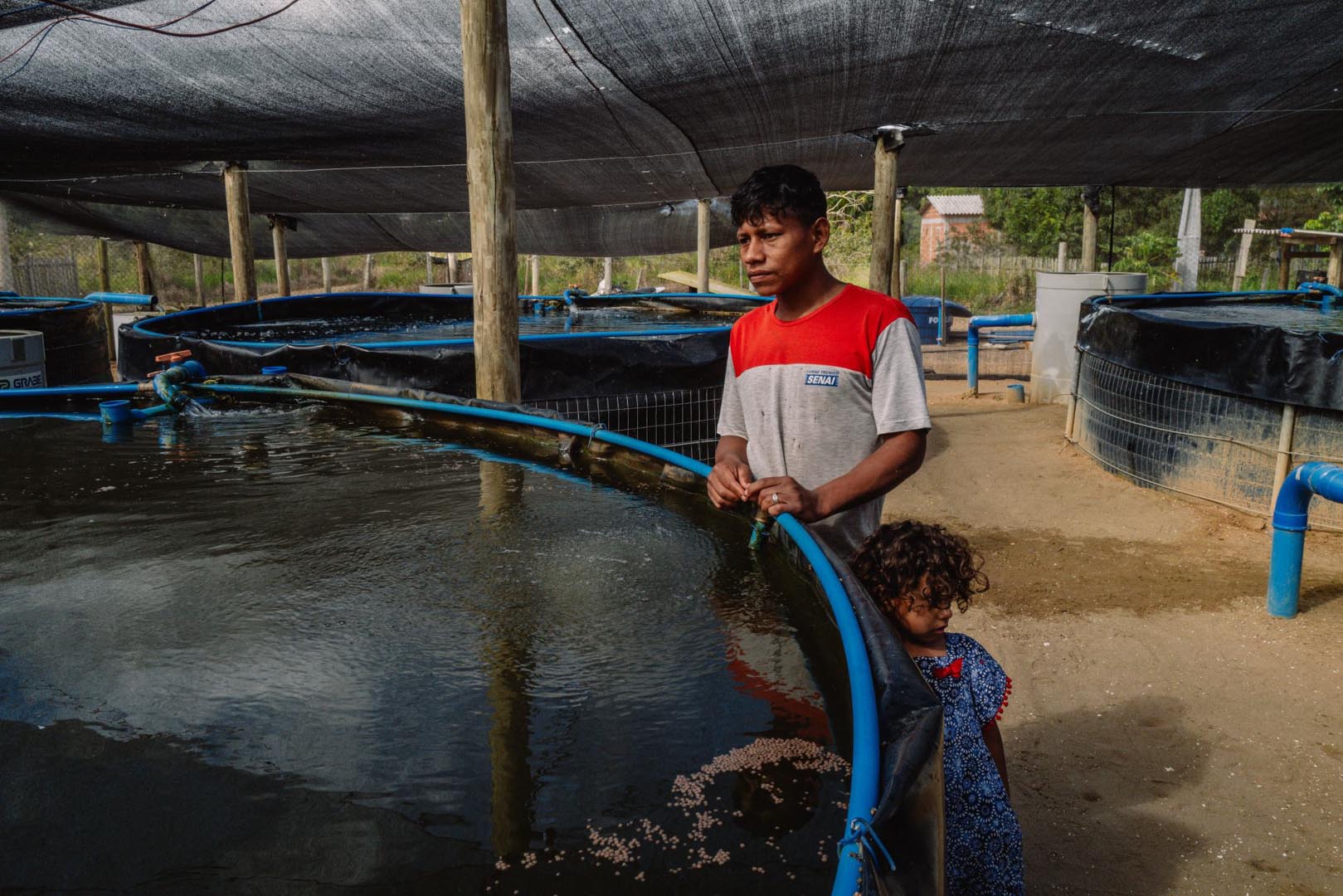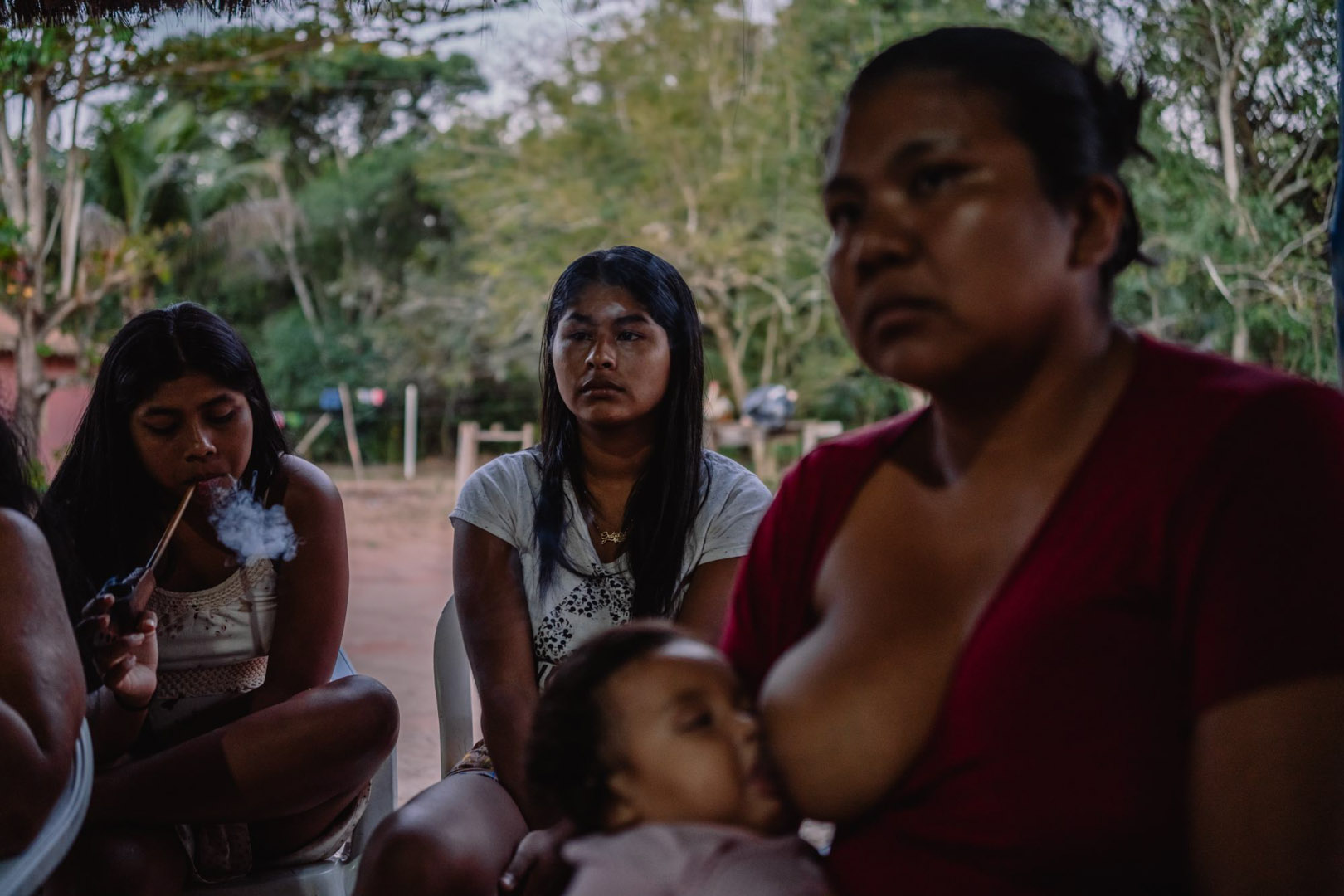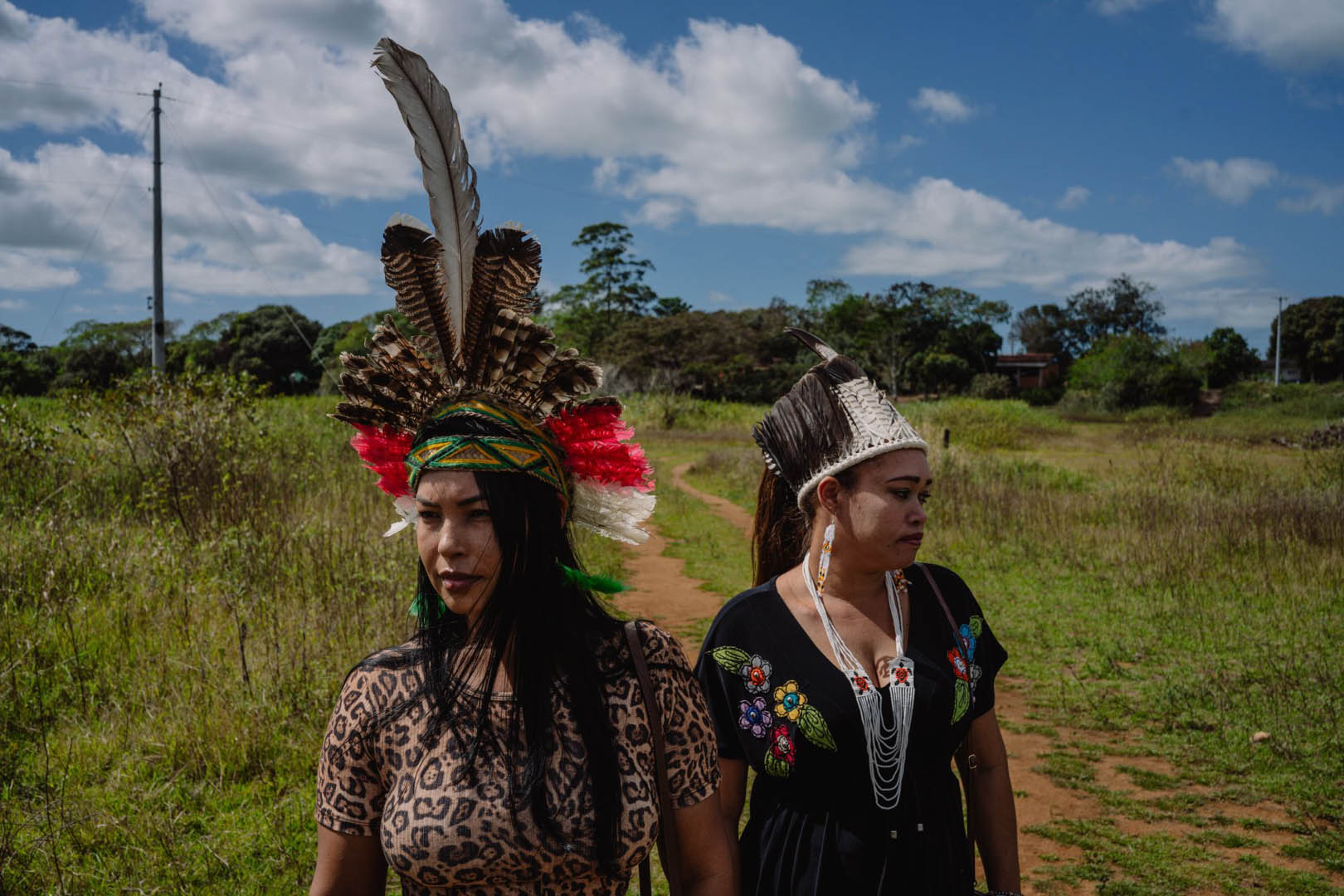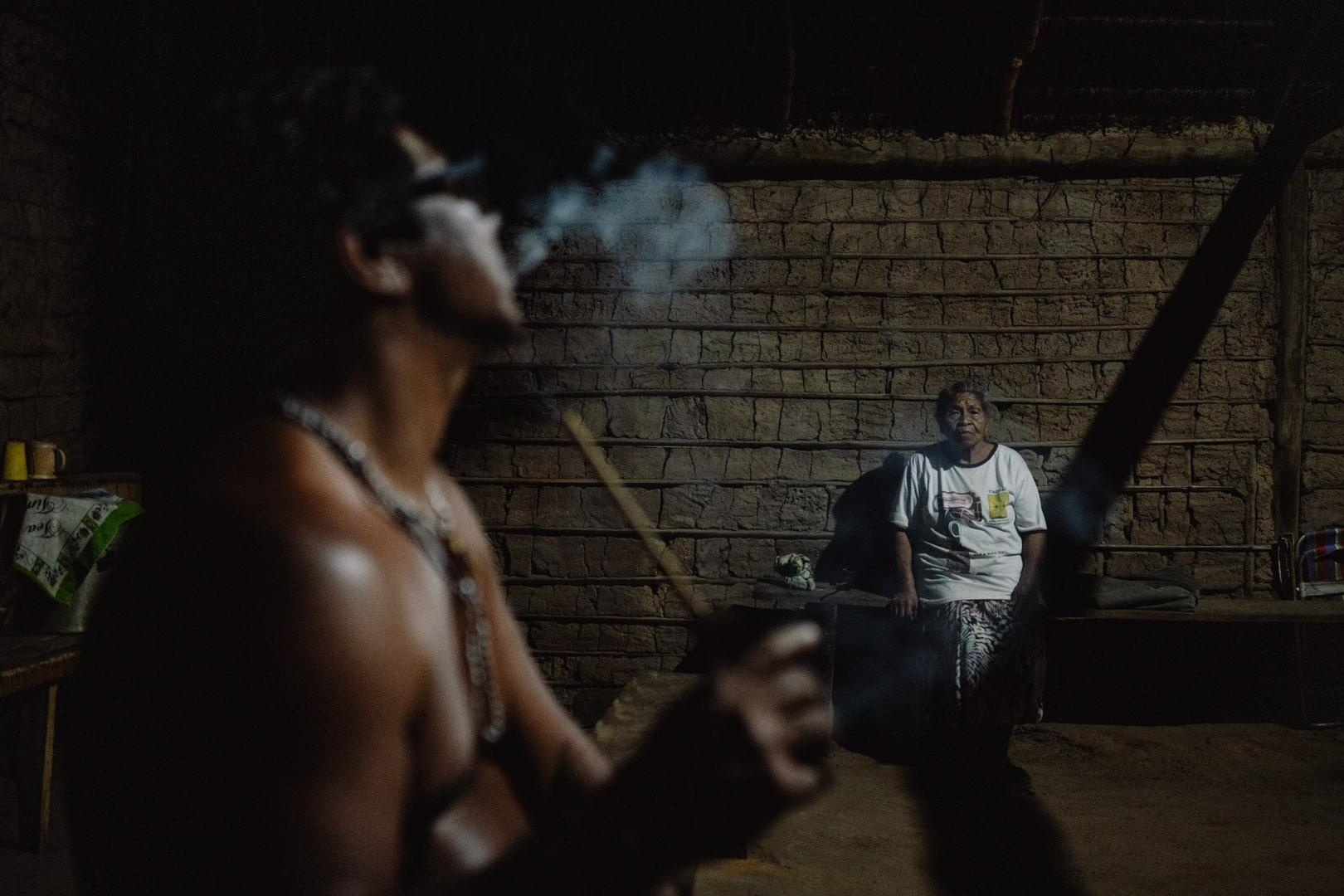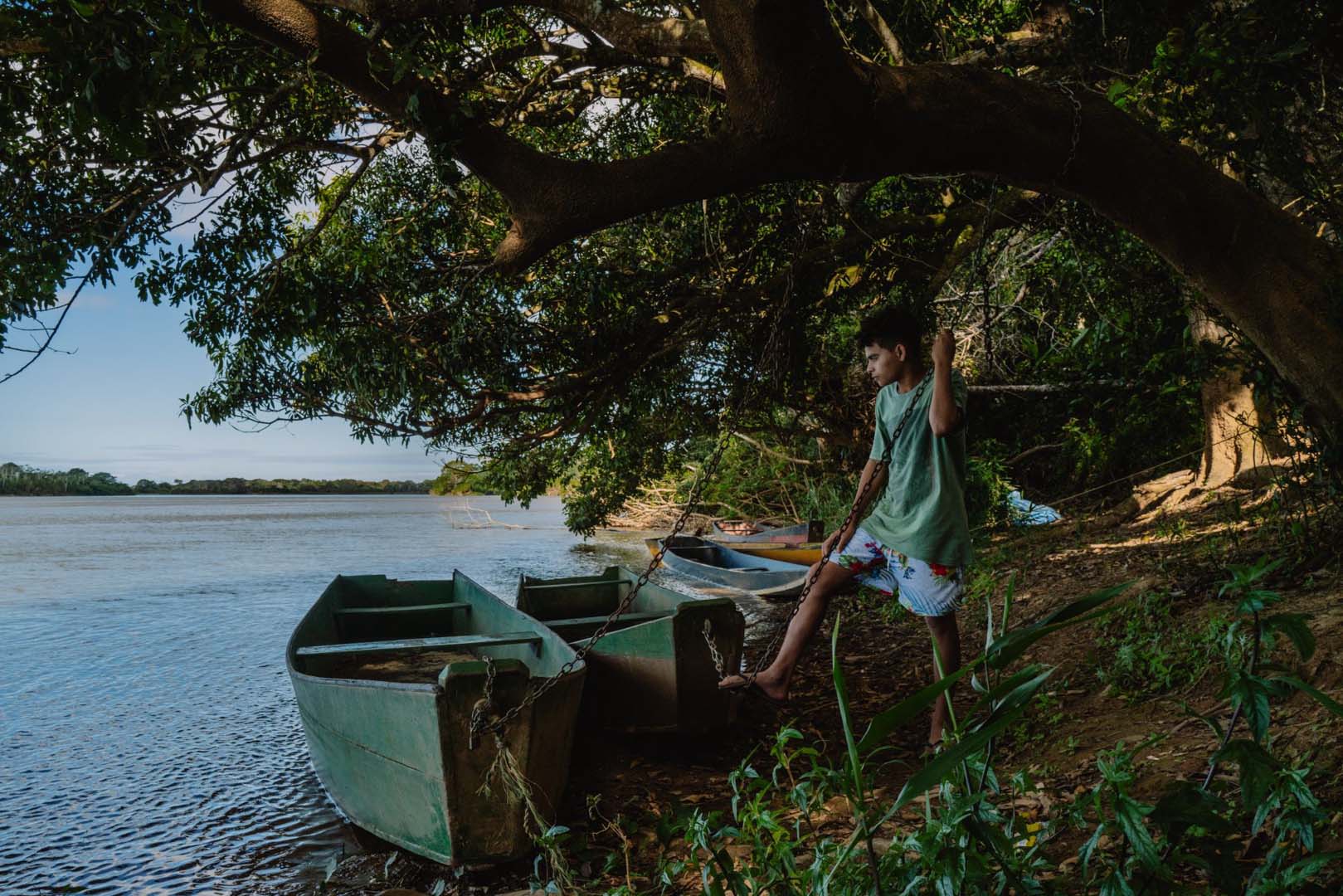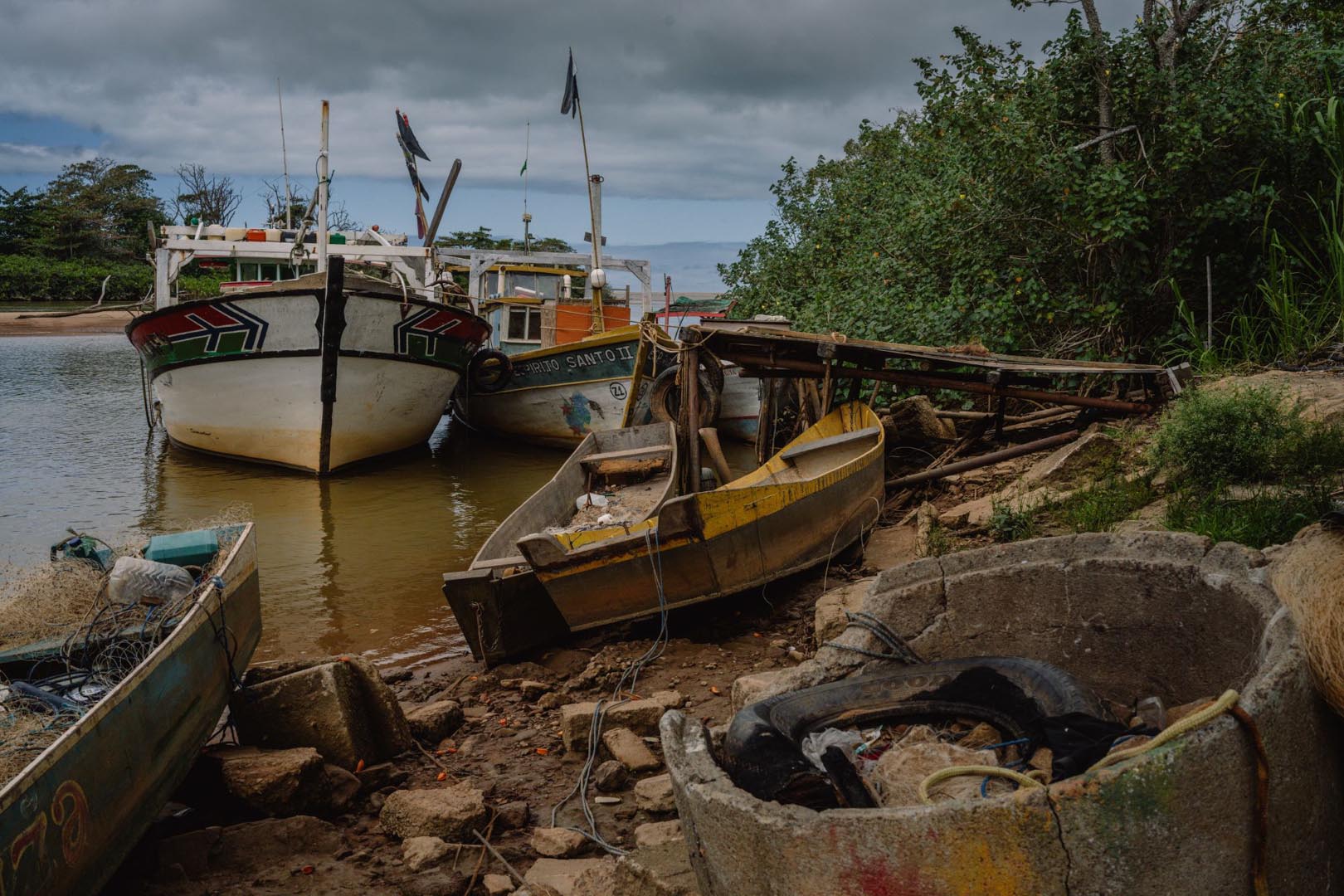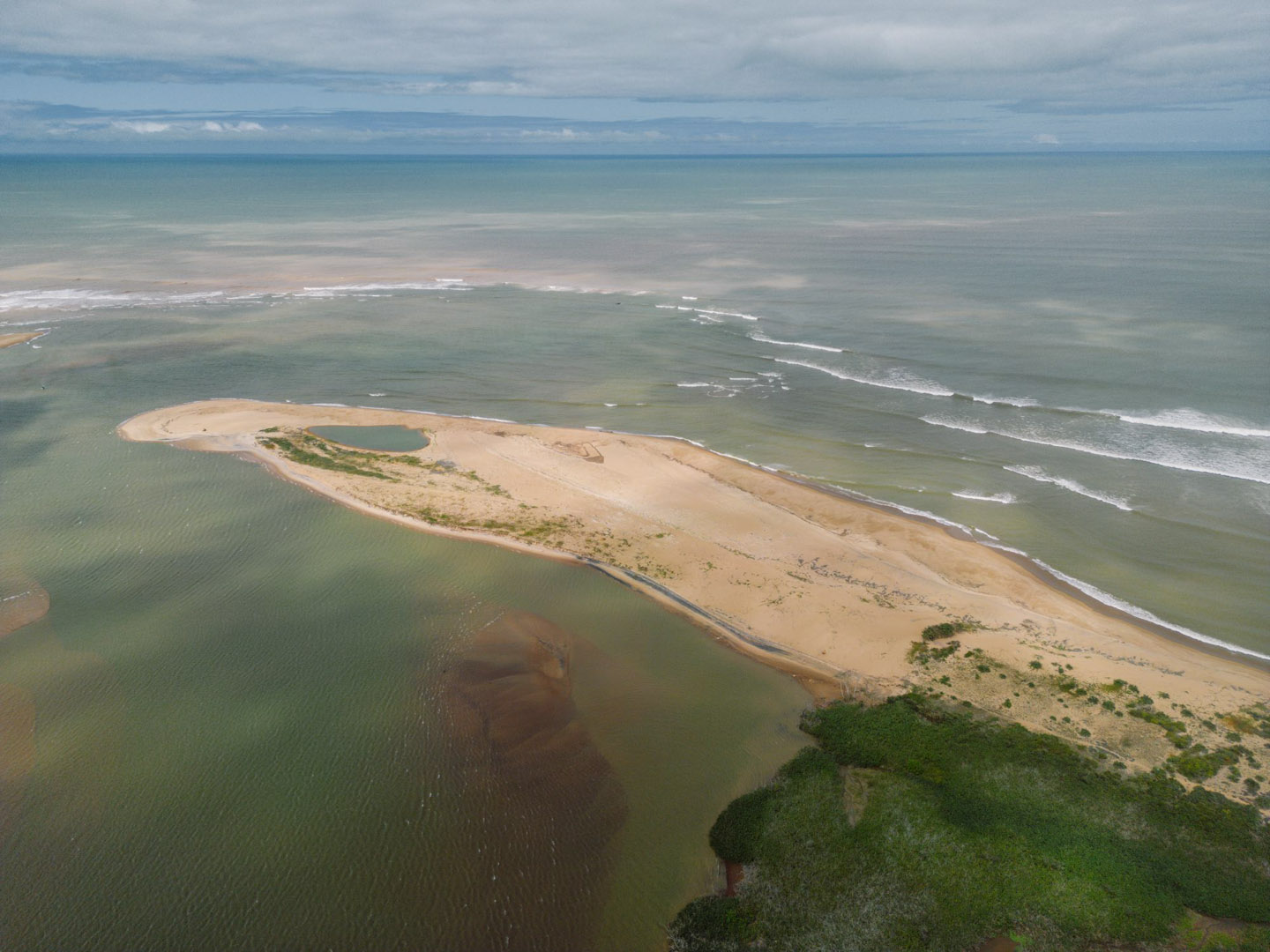Watu’s death, 2023
On November 5, 2015, one of the biggest ecological disaster took place in Brazil. The Fundão dam, located in the state of Minas Gerais, broked down, causing a toxic mudflow that devastated the Rio Doce valley.
Eight years after, the effects are still being felt by local population all along the river, from its source to its estuary.
The disaster killed 19 people, including 11 miners who were working on the dam when it collapsed. More than 40 million cubic meters of sludge and toxic mining waste spilled into the Doce River, destroying completely the village of Barra Longa and reaching the Atlantic Ocean more than 650 km away. The contamination affected water, soil and air throughout the region, leaving the indigenous Krenak community orphaned from “Watu Nek”, the revered deity who brought them water, food and sustenance.
The mud was composed of mine tailings and was highly toxic, containing heavy metals such as lead, mercury and arsenic. The water of the Rio Doce became unfit for consumption, fishing and irrigation. Fish and other aquatic animals were decimated.
Local populations, including Krenak, Quilombo, Tupiniquins, Guarani and Pataxó indigenous communities, were deprived of their source of drinking water and exposed to health risks. The toxic mud also contaminated soil and groundwater, which could have long-term effects on the environment and human health.
All the inhabitants of the river banks have had to adapt, changing their means of subsistence (from fishing to breeding and market gardening) and often having to depend on supplies of drinking water.
The Brazilian authorities have taken steps to remedy the pollution. They have built a dam to contain the mine tailings and launched a river clean-up program.
Repair and compensation programs have been implemented by the Renova Foundation, created in 2016 by Samarco and its shareholders (BHP and vale), which has financed over $6 billion in rehousing, rehabilitation and compensation for those affected by the disaster.
Despite these efforts, more than 720,000 Brazilians are now suing BHP, the world’s largest mining group in terms of stock market value and joint owner of Samarco with Brazil’s Vale.
They are claiming damages of up to £36 billion ($46 billion).
The trial will take place in London, where BHP, an Anglo-Australian company, is registered.
